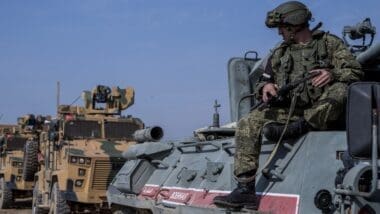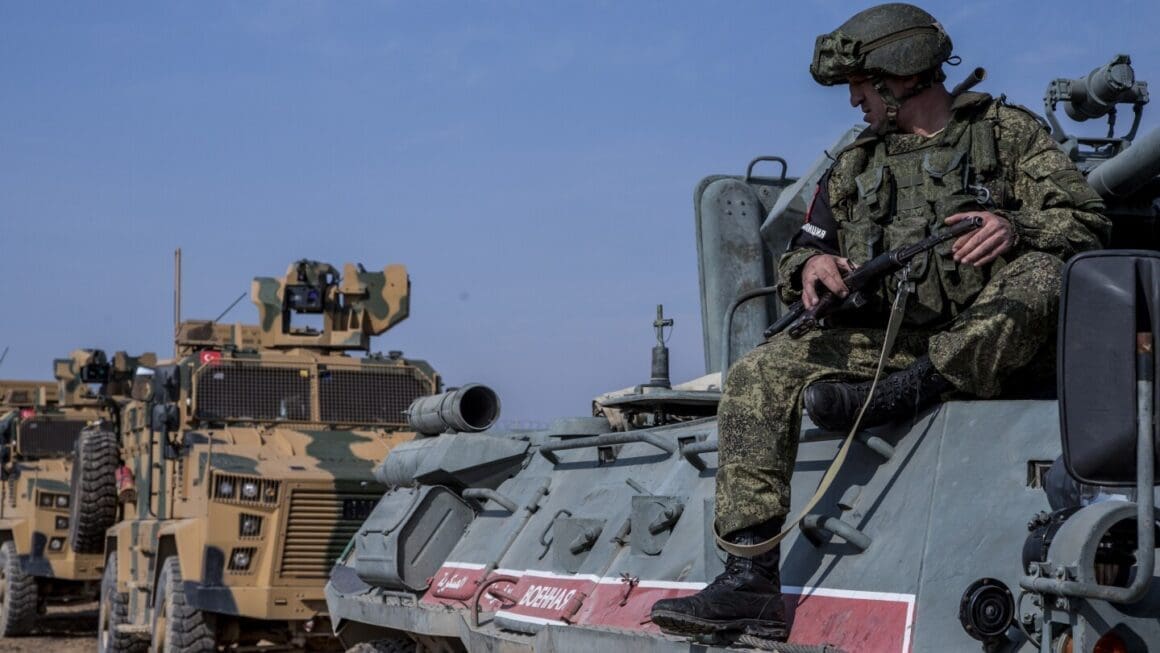In the wake of the collapse of Bashar al-Assad’s government in Syria, Syrian refugees residing in Turkey expressed significant relief and hope for returning to their homeland. Large gatherings have taken place in Turkey’s border regions, symbolizing newfound freedom and the potential for a fresh start.
In cities like Kilis and Hatay on Turkey’s southern border with Syria, Syrian refugees have celebrated the downfall of Assad’s regime. Many see this as an opportunity to return home after years spent in Turkey, which has hosted around three million Syrians since the civil war began in 2011. Mahmud Esma, speaking to the DHA news agency at the Cilvegozu border gate, voiced this sentiment: ‘We are free now, everyone should return to their homeland.’
Turkey has long been a supporter of Syrian opposition groups, aiming to remove Assad from power. Despite denying direct involvement in the recent offensive against Assad, observers suggest that such actions are aligned with Turkey’s goals and likely required its consent. This backing has allowed Turkey to combat Kurdish forces in Syria, aligned with the Kurdistan Workers’ Party (PKK), a group Turkey opposes.
The offensive against the Syrian government, spearheaded by the group Hayat Tahrir al-Sham (HTS), is significant. Although designated as a terrorist organization by Turkey, HTS has collaborated with Turkish interests in Northern Syria, indicating complex regional alliances. During a press conference, Turkish spokesperson Omer Celik firmly denied any Turkish provocation or support for the offensive, aiming to dispel such narratives.
Turkey has consistently pushed for Syria’s territorial integrity, particularly opposing a Kurdish-controlled autonomous region on its border. It has already conducted multiple incursions into Syria since 2016 to create a buffer zone, targeting both the Islamic State and Kurdish militias. Recently, Turkey attempted to reconcile with Assad to mitigate threats from Kurdish groups and facilitate refugee returns, though these overtures were rejected by Assad.
Ongoing developments in Syria do, however, present potential risks for Turkey. There is the possibility of a new refugee influx should chaos arise. Sinan Ulgen of the Center for Economics and Foreign Policy Studies highlighted Turkey’s desire for a stable Syria and the risks of territorial fragmentation.
Analysts point out that the offensive might increase tensions with Assad’s allies, Iran and Russia. However, Russia has not accused Turkey of inciting the insurgency, likely to avoid straining Turkey-Russia relations amidst the Ukraine conflict. Turkey’s balancing act involves maintaining relations with both Ukraine and Russia, despite NATO ties.
Turkey’s strategic focus includes securing its southern borders and ensuring Syrian refugees can safely return. The shift in Syrian power dynamics might help Turkey achieve these goals, though complications remain, such as ongoing Kurdish threats. The involvement of HTS, a group with potential interests different from Turkey’s, is a factor Turkey continues to monitor. As Gonul Tol from the Middle East Institute points out, the situation with HTS requires careful management to avoid further instability in the region.
The fall of Assad’s government opens avenues for Turkey to advance its strategic interests in the region, yet it also brings challenges like managing refugee flows and maintaining diplomatic balance. While the future remains uncertain, Turkey remains a crucial player in shaping the post-Assad era.
Source: Apnews













